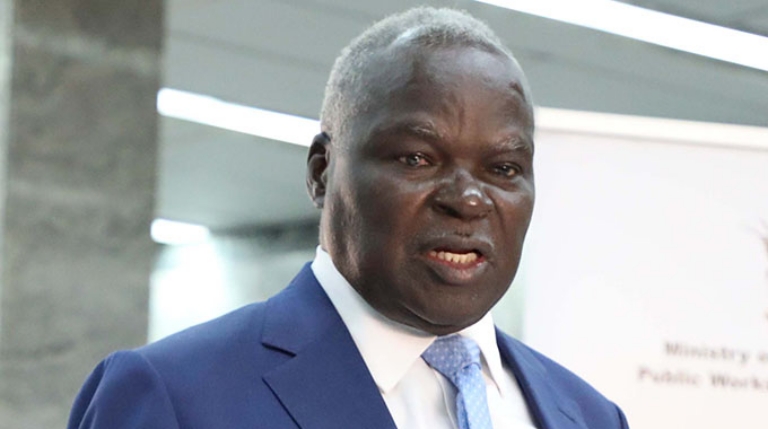HARARE – A woman resisting attempts by her ex-boyfriend to perform a DNA paternity test on their son told a court it was not in the best interests of the child.
Pardon Matavanda has filed an application at the Harare Magistrates Court seeking an order for Lorraine Vimbiso Taruvinga to be compelled to submit their two-year-old son to a DNA testing centre within 14 days.
In a notice of opposition filed on January 6, Taruvinga said Matavanda should have approached the High Court, arguing that the lower court had no jurisdiction. Substantively, she is arguing that submitting her son for a DNA test would violate the child’s constitutional rights.
She said the relief sought by Matavanda “amounts to a violation of the minor child’s constitutional rights, particularly section 52(c) of the constitution which provides the right to bodily and psychological integrity which includes the right not to be subjected to medical or scientific experiments, or the extraction or use of their bodily tissue without informed consent…”
Matavanda said he became suspicious about the child’s paternity after Taruvinga denied him access “several times.”
“I used to believe that the minor child is my biological son and Taruvinga made me believe so. Due to her actions, I now strongly doubt the paternity of the child. I have also tried to engage her to subject the child for paternity tests but she has flatly refused to do so,” Matavanda said in his application.
He told the court that he was in the process of writing his will and would like to include his son as a beneficiary – but he needs confirmation that he is the biological father first.
Taruvinga denies blocking Mutavanda’s access to the child.
“If he is honest about seeing our son and that I have denied him access,” she says in court papers, “the competent relief provided by the law is to seek access to the minor child. The allegation that I have denied him access is not a basis upon which any court should grant the relief sought in this matter.”
Taruvinga also rejected Mutavanda’s claim that the DNA test has become important because he is drafting his will.
“I am advised that a person writing a will can bequeath his assets to any person even if they are not related. It is not a requirement that someone must know the paternity of a heir for that heir to be included in the will,” she argues.
The matter is yet to be heard.
















